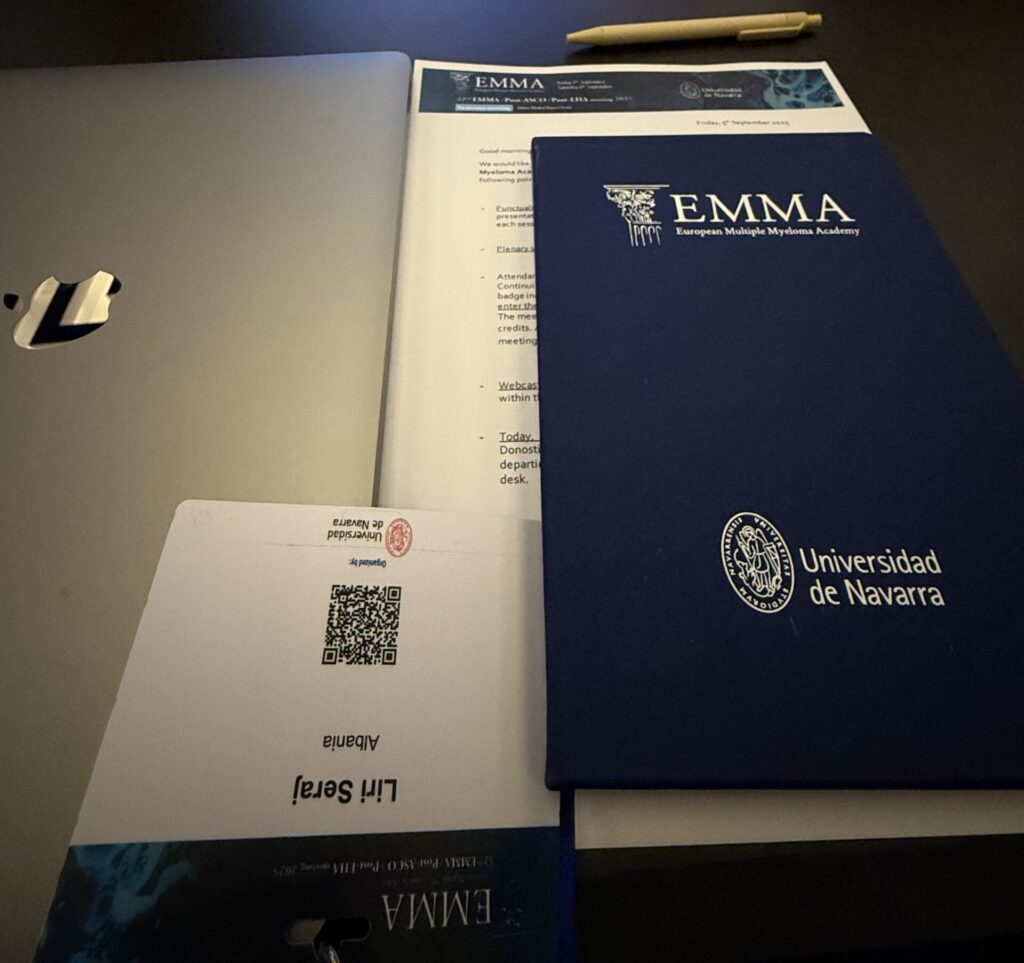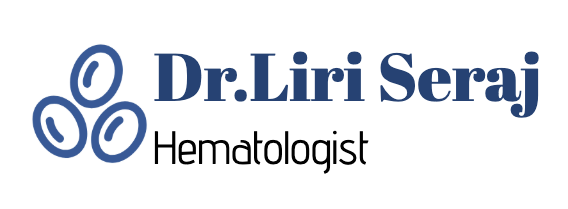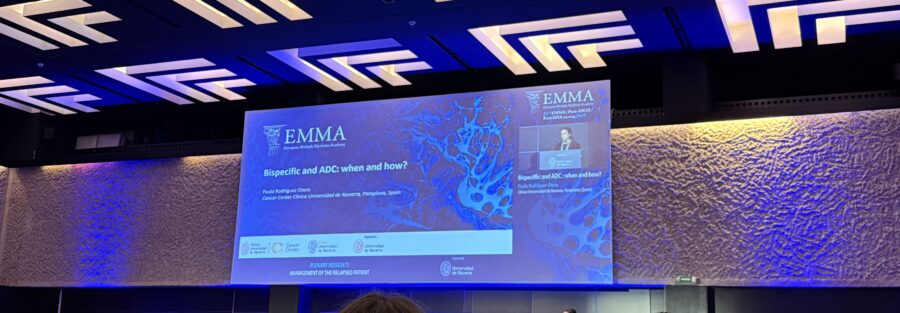This September, I was among the privileged to attend the European Multiple Myeloma Academy (EMMA) in Madrid. It was two days of concentrated learning, meaningful discussions, and the joy of reconnecting with colleagues while meeting new ones.
Guided by Professor Jesús San Miguel, the meeting carried the same sense of humility and humanity that I have admired in him before. His words at EHA in June still stay with me: that happiness is not about doing what you like, but about liking what you do. In Madrid, this spirit shaped the conversations as much as the science did.
The sessions touched on many aspects of myeloma: the gradual shift from MGUS to active disease, the difficult decisions around high-risk smoldering myeloma, the realities of supportive care in emergencies, and the responsibilities we face with immunotherapy-related toxicities.
Hearing these topics made me reflect on how far treatment approaches have advanced in recent years. At the same time, the very progress that brings new opportunities can feel overwhelming, as it also highlights the widening gap between low- and middle-income countries and those at the forefront of therapeutic innovation.
Nevertheless, I felt fortunate to listen to leading voices in the field, including Professors Einsele, Ludwig, Terpos, and Kaiser. What impressed me most, however, was the contribution of the younger generation of faculty. Their thoughtful perspectives and clear vision gave a sense of confidence in the future direction of myeloma research.
For me, the essence of EMMA was not a single lecture or result, but the sense of continuity in our field. Every discussion, whether on MRD, trial design, or supportive care, pointed back to what matters most: the people behind the science and the patients at the center of it.
I returned from Madrid with new knowledge, but also wit h a sense of unease at the growing disparities between countries. Yet, while I was there, I learned that the first patient had undergone autologous stem cell transplantation at the Mother Teresa Center in Albania. I felt genuine pride knowing that, under the guidance of Professor Arben Ivanaj, my colleagues had taken a significant step forward in the treatment of hematologic malignancies.
h a sense of unease at the growing disparities between countries. Yet, while I was there, I learned that the first patient had undergone autologous stem cell transplantation at the Mother Teresa Center in Albania. I felt genuine pride knowing that, under the guidance of Professor Arben Ivanaj, my colleagues had taken a significant step forward in the treatment of hematologic malignancies.
EMMA was a reminder that progress in medicine comes not only from data, but from the community that carries it forward.


